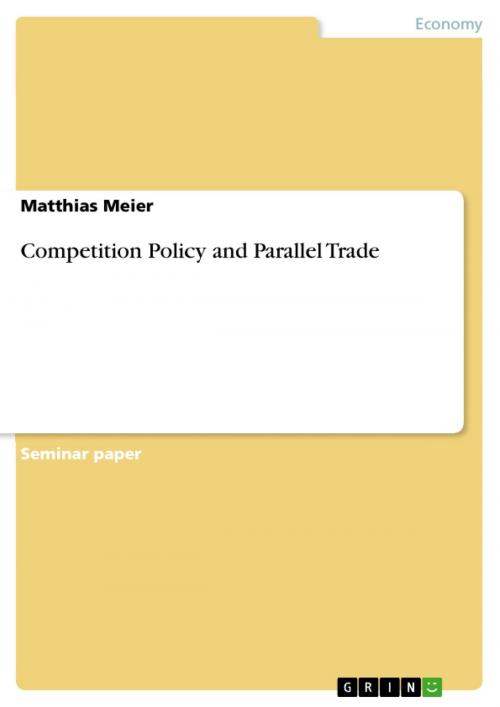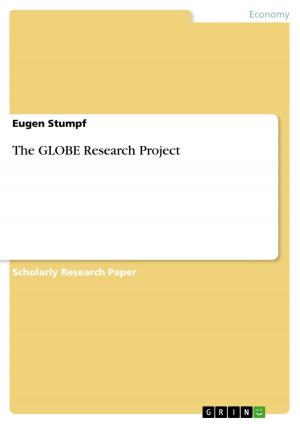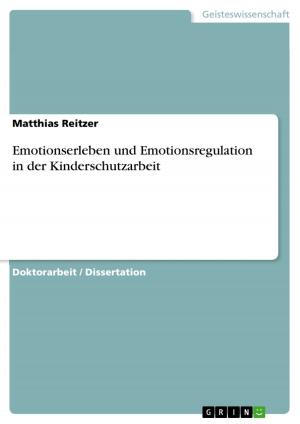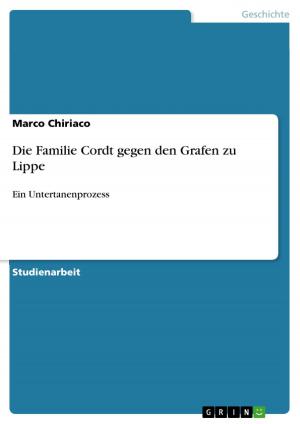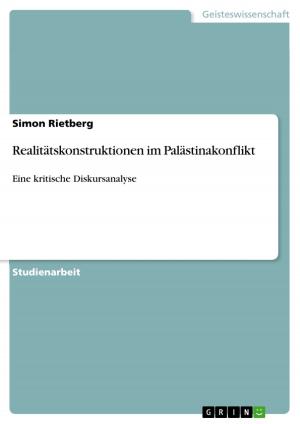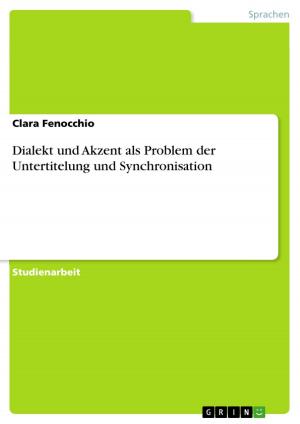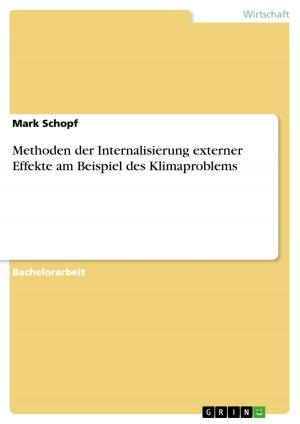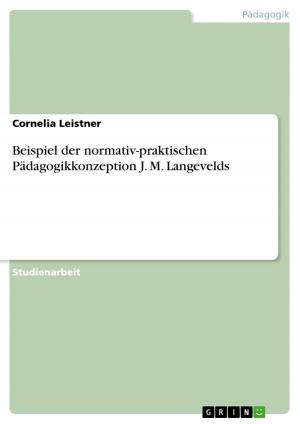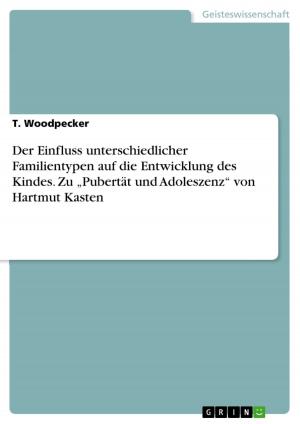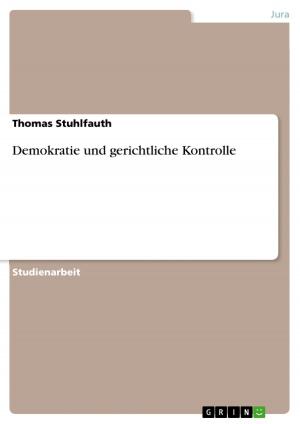| Author: | Matthias Meier | ISBN: | 9783638481137 |
| Publisher: | GRIN Verlag | Publication: | March 20, 2006 |
| Imprint: | GRIN Verlag | Language: | English |
| Author: | Matthias Meier |
| ISBN: | 9783638481137 |
| Publisher: | GRIN Verlag |
| Publication: | March 20, 2006 |
| Imprint: | GRIN Verlag |
| Language: | English |
Seminar paper from the year 2006 in the subject Business economics - Law, grade: 2,0, Leeds Metropolitan University (Leeds Business School), course: EC Business Law, 7 entries in the bibliography, language: English, abstract: Today's highly competitive environment is characterised by an internationalisation of business activities. More and more small and medium enterprises take the first step and operate globally beyond national boundaries. Huge companies aim to concentrate activities due to high cost pressures etc. Mergers and Acquisition of 'Global Players' become more and more important. In such an environment, a sophisticated competition law is indispensable. Competition law ensures that economic operators do not 'prevent, distort or restrict competition' by running their businesses. Moreover, it inhibits monopolists in abusing their dominant market position in order to protect potential competitors and / or customers. According to Craig / de Burca, competition law has three objectives. It should (1) increase the efficiency, (2) protect consumers and smaller companies and (3) continue the creation of a single European market. Chapter 2 of this assignment addresses Question 1 and deals with Treaty Articles which are used to stop undertakings hindering parallel trade. Moreover, examples of the application and interpretation of the provisions by the European Court of Justice (ECJ) are given. Chapter 3 answers Question 2 and deals with a case of two companies which are investigated for infringements by the European Commission. At the end, a possible decision of the Commission is anticipated.
Seminar paper from the year 2006 in the subject Business economics - Law, grade: 2,0, Leeds Metropolitan University (Leeds Business School), course: EC Business Law, 7 entries in the bibliography, language: English, abstract: Today's highly competitive environment is characterised by an internationalisation of business activities. More and more small and medium enterprises take the first step and operate globally beyond national boundaries. Huge companies aim to concentrate activities due to high cost pressures etc. Mergers and Acquisition of 'Global Players' become more and more important. In such an environment, a sophisticated competition law is indispensable. Competition law ensures that economic operators do not 'prevent, distort or restrict competition' by running their businesses. Moreover, it inhibits monopolists in abusing their dominant market position in order to protect potential competitors and / or customers. According to Craig / de Burca, competition law has three objectives. It should (1) increase the efficiency, (2) protect consumers and smaller companies and (3) continue the creation of a single European market. Chapter 2 of this assignment addresses Question 1 and deals with Treaty Articles which are used to stop undertakings hindering parallel trade. Moreover, examples of the application and interpretation of the provisions by the European Court of Justice (ECJ) are given. Chapter 3 answers Question 2 and deals with a case of two companies which are investigated for infringements by the European Commission. At the end, a possible decision of the Commission is anticipated.
